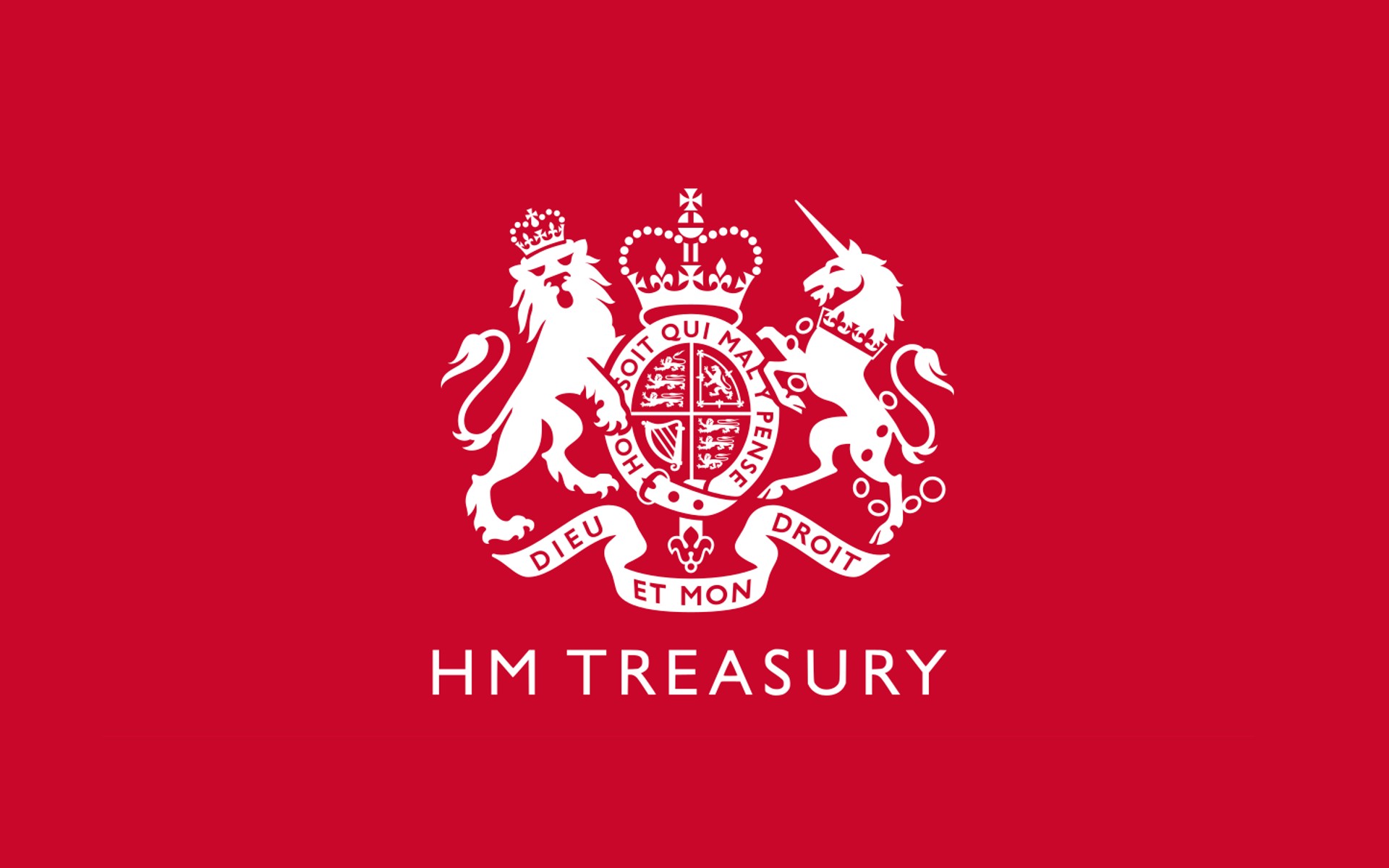HM TREASURY POLICY STATEMENT – THE APPOINTED REPRESENTATIVE REGIME
On 11th August 2025, HM Treasury issued a Policy Statement providing details on the new Labour Government approach towards appointed representatives (“ARs”) and principal firms. This follows a “Call for Evidence” in December 2021 where the previous Conservative Government sought views on the scope, benefits and risks associated with the AR regime.
In the Executive Summary of the Policy Statement, the Treasury confirm the value of the AR regime in “delivering a range of benefits to businesses and consumers… provid(ing) a proportionate and cost effective way for firms to engage in regulated activity without being authorised. In doing so, the AR regime promotes competition, supports innovation and contributes to economic growth.”
The Treasury note the additional requirements and scrutiny the FCA have placed on principal firms in recent years but have determined a reform of the legislative framework is required in order to ensure the “safe operation” of the AR regime. The Government intends to introduce two significant reforms:
New FCA permission to act as a regulatory principal
The Policy Statement announces the introduction of a new permission required in order to act as a regulatory principal. Firms will need to obtain this permission from the FCA prior to appointing an AR. This will allow the FCA to ensure principal firms have the expertise, resources and systems in place to properly oversee their ARs.
The Government are working in conjunction with the FCA on amending legislation (primarily s39 Financial Services and Markets Act (2000)) to implement the new permission of regulatory principal. They have indicated they will design the reforms to ensure:
- existing principal firms do not require approval;
- the application for the new permission will be embedded in the new firm application process; and
- the FCA can limit, vary or revoke a permission to act as principal where necessary.
Whilst this means firms such as Brooklands who already have ARs in place will not need to apply for the permission, the guidance issued in relation to the proposals will be valuable in terms of further understanding expectations of the Government and the FCA towards principal firms.
Extending the scope of the Financial Ombudsman
Currently, the Financial Ombudsman is only able to deal with complaints against ARs which relate to activity approved by their principal or where the principal has not taken all reasonable steps to ensure the AR is not carrying on any activities outside the scope authorised by the principal and for which the principal has taken responsibility for. Where the AR has conducted activities outside of the scope of authorisation from their principal, the Financial Ombudsman is unable to take any action on behalf of the client. The Government is extending the jurisdiction of the Financial Ombudsman allowing them to investigate complaints and resolve disputes against ARs for conduct outside the scope of the AR arrangement.
In practice this means the Financial Ombudsman will be empowered to investigate ARs directly where the AR has acted outside the scope of the agreed arrangement with its principal. In the event the Ombudsman upholds a complaint against the AR, it is likely the award will be made against the AR directly. Where the principal firm is at fault, or where the complaint relates to activities for which the principal has accepted responsibility, the Financial Ombudsman will continue to take action against the principal firm as opposed to the AR.
Conclusion
The reforms proposed by HM Treasury appear proportionate but the extent of the reforms will not be known until the amended legislation and FCA procedural changes and guidance are released. It is worth noting that the Policy Statement does not include a number of the more draconian proposals from the Call for Evidence. These included the granting of additional powers to the FCA allowing them to investigate ARs directly, reducing the scope of activities which can be undertaken by ARs and extending the responsibilities of principal firms to cover activities of the AR for which they have not accepted responsibility.



